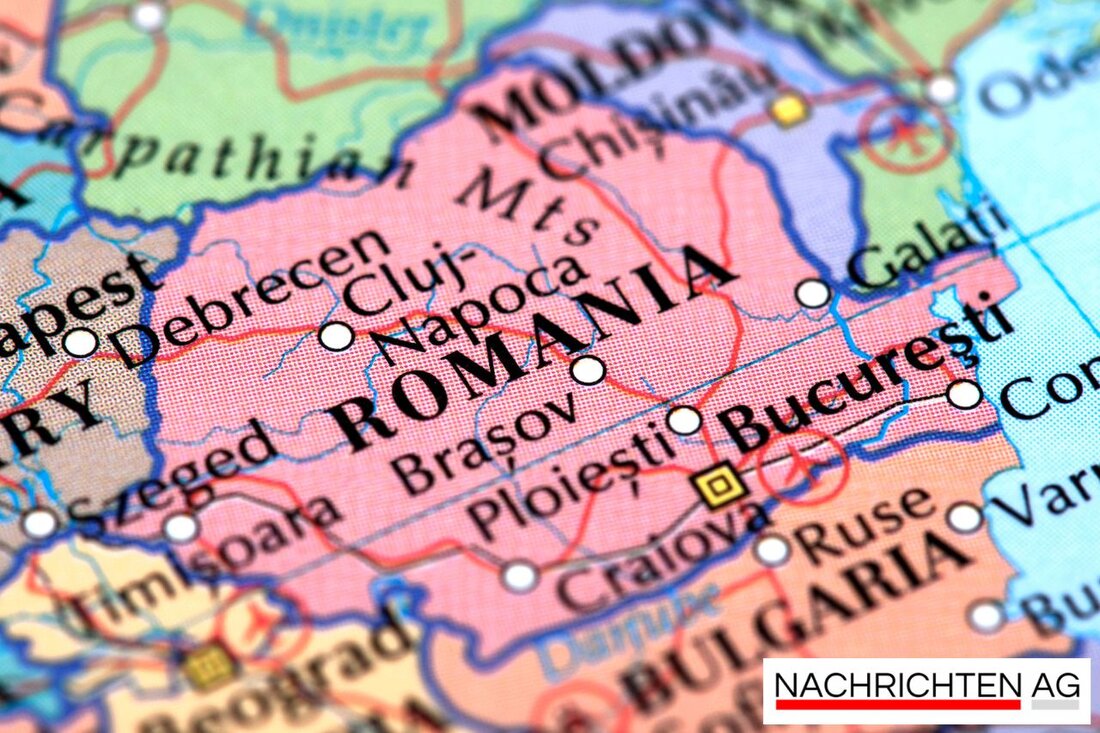Heat alarms: This is how other countries protect themselves from extreme sun!
Learn how European countries are taking heat protection measures in the workplace while Germany lacks regulations.

Heat alarms: This is how other countries protect themselves from extreme sun!
The summer heat is a problem for many people, and while we in Germany are preparing for it, our southern neighbors are taking a look at the heat protection measures in order to protect the population. Spain, Greece, Italy and Turkey in particular are relying on impressive strategies, as the Nordkurier reports. While we are struggling with the temperatures, these countries already have established procedures to best help their citizens and workers in the scorching heat.
Things get serious in Greece when the thermometers climb above 40 degrees Celsius. Popular tourist attractions such as the Acropolis then close for the day. At the same time, the Greek Ministry of Labor is opening air-conditioned buildings to the public to offer people a cool place to retreat. The labor regulations are also stricter here: working outdoors is prohibited between 12 p.m. and 5 p.m. If this is violated, the employer faces penalties of up to 2,000 euros per affected employee.
Southern strategies for heat protection
Spain tightened the legal regulations on heat protection in August 2023. Wherever there is still discussion in our latitudes, Spain is taking concrete measures: in the event of heat warnings - especially in the midday hours - employers must limit or stop outdoor work. These checks are not without consequences, as the penalties for violations can reach almost one million euros. The Spanish tradition of the siesta comes into play here, as the Frankfurter Rundschau notes, which for many is considered a necessary period of rest during the hot afternoons.
Changes to French labor law have also been in force since July 1, 2025. Public employers are required to provide at least three liters of water per employee if there is no running drinking water on site. This shows the responsibility on the part of employers, who not only have to take care of their employees, but should also be responsible for their health.
Regulations in other countries
- Kroatien: Es gibt keine einheitlichen gesetzlichen Regelungen, die Entscheidung liegt bei den Arbeitgebern.
- Ungarn: Hier werden detaillierte Vorschriften in Abhängigkeit von der Arbeitsintensität festgelegt.
- Slowenien: Es fehlen spezifische Bestimmungen für die Arbeit bei Hitze.
- Rumänien: Arbeitgeber müssen das Arbeitsprogramm anpassen und Trinkwasser bereitstellen.
- Serbien: Bei Verstößen gegen den Hitzeschutz drohen Strafen bis zu 17.000 Euro.
- Türkei: In der Landwirtschaft wird dazu geraten, die Mittagssonne zu meiden und ausreichend zu trinken.
However, there is a lack of clear legal requirements on our own construction site. While the German Weather Service issued a warning about extreme heat in July and medical officials suggested a siesta, the matter in Germany remains on hold for the time being. Employers have a legal duty of care, as the Frankfurter Rundschau reports, not without reason. But you won't find any special laws regulating hitting 'to the heat'.
The heat protection measures follow the principle of technical, organizational and personal protective measures, known as the TOP principle, which the BGW explains online. Technical measures should be prioritized to reduce heat-related exposure. If the workplaces are not optimally equipped - be it with fans, air conditioning or drinking stations - human protection only comes later. This not only affects office workers, but also employees in production and the care sector.
The effects of heat on health should not be underestimated. From dehydration to fatigue to difficulty concentrating and ultimately an increase in stressors, they can make the work environment much more difficult. Let's hope that Germany, inspired by its southern neighbors, will soon come up with a clear heat action plan to get a good deal for everyone - to ensure outstanding performance and protect the safety of employees.

 Suche
Suche
 Mein Konto
Mein Konto